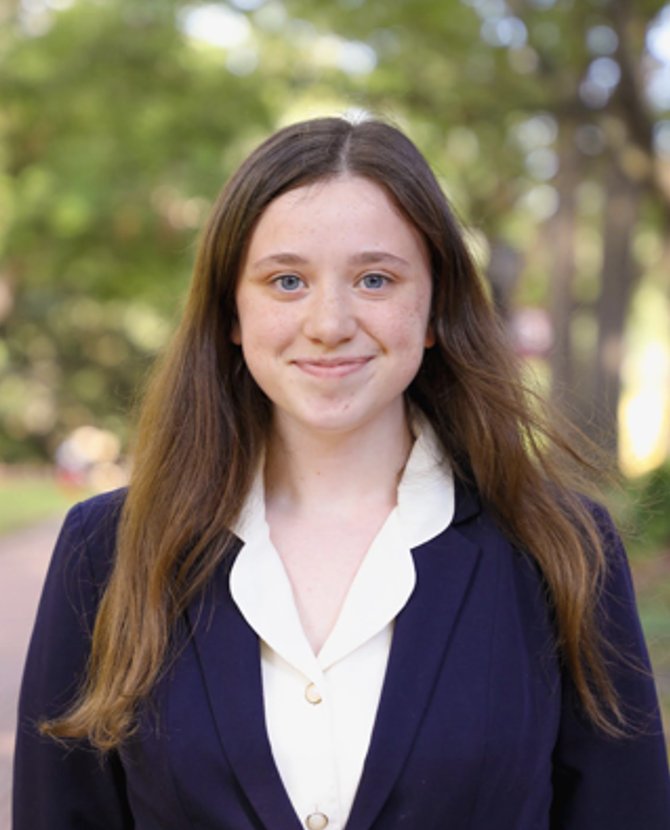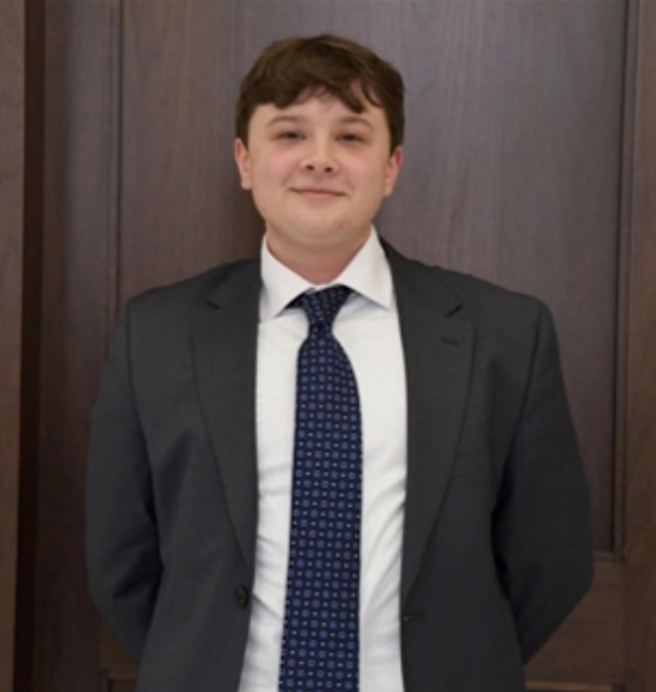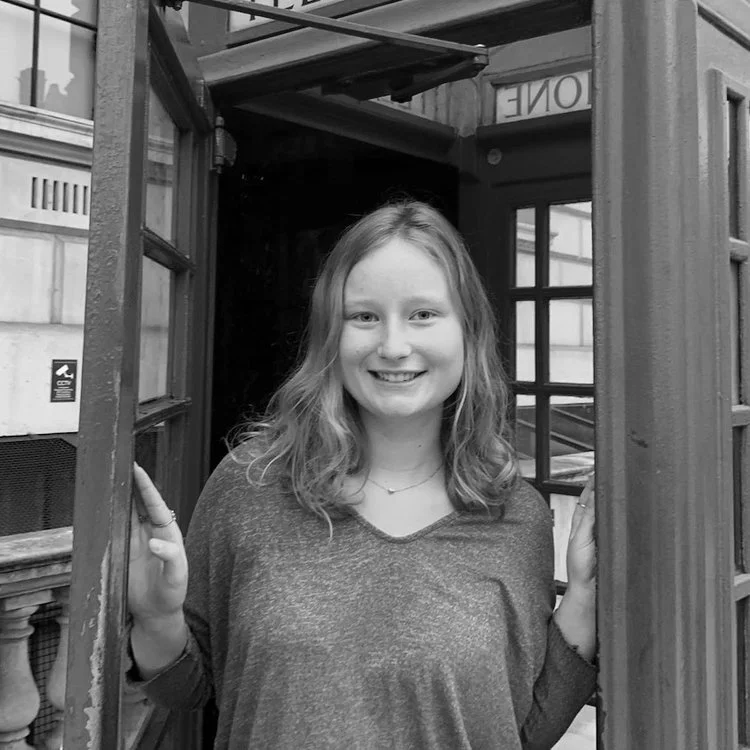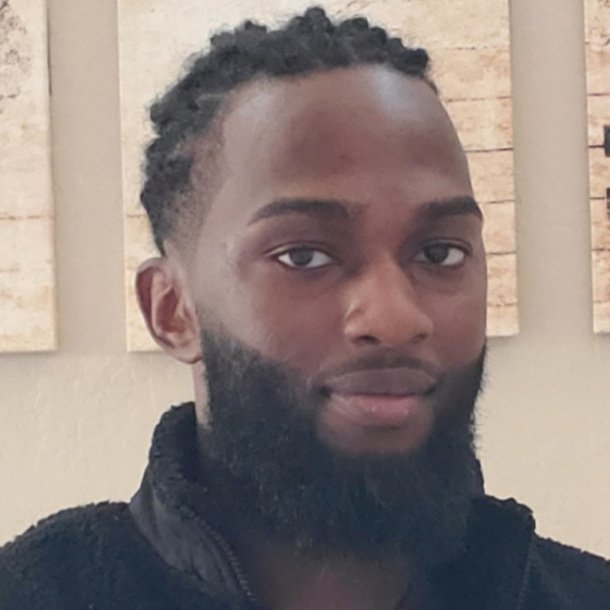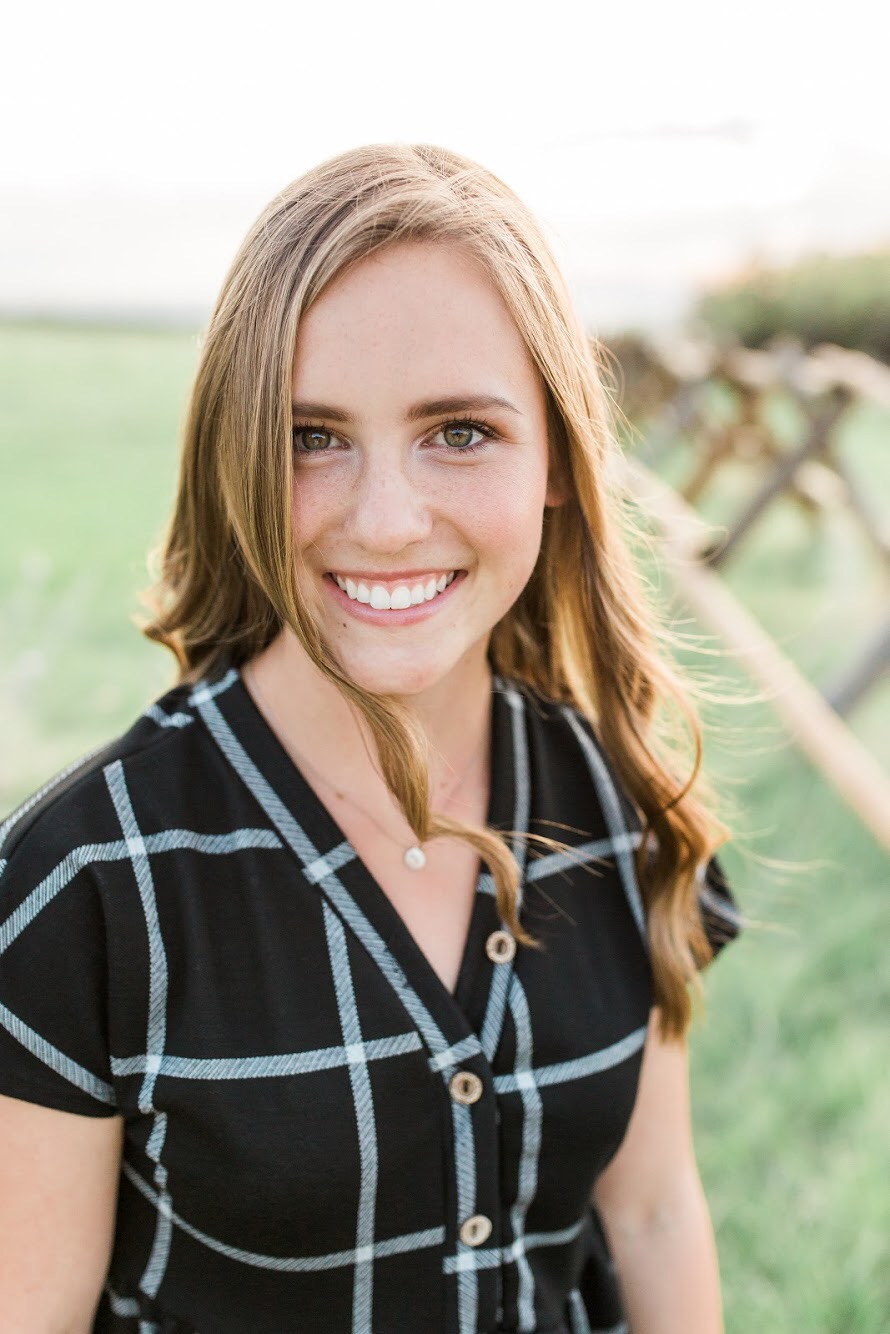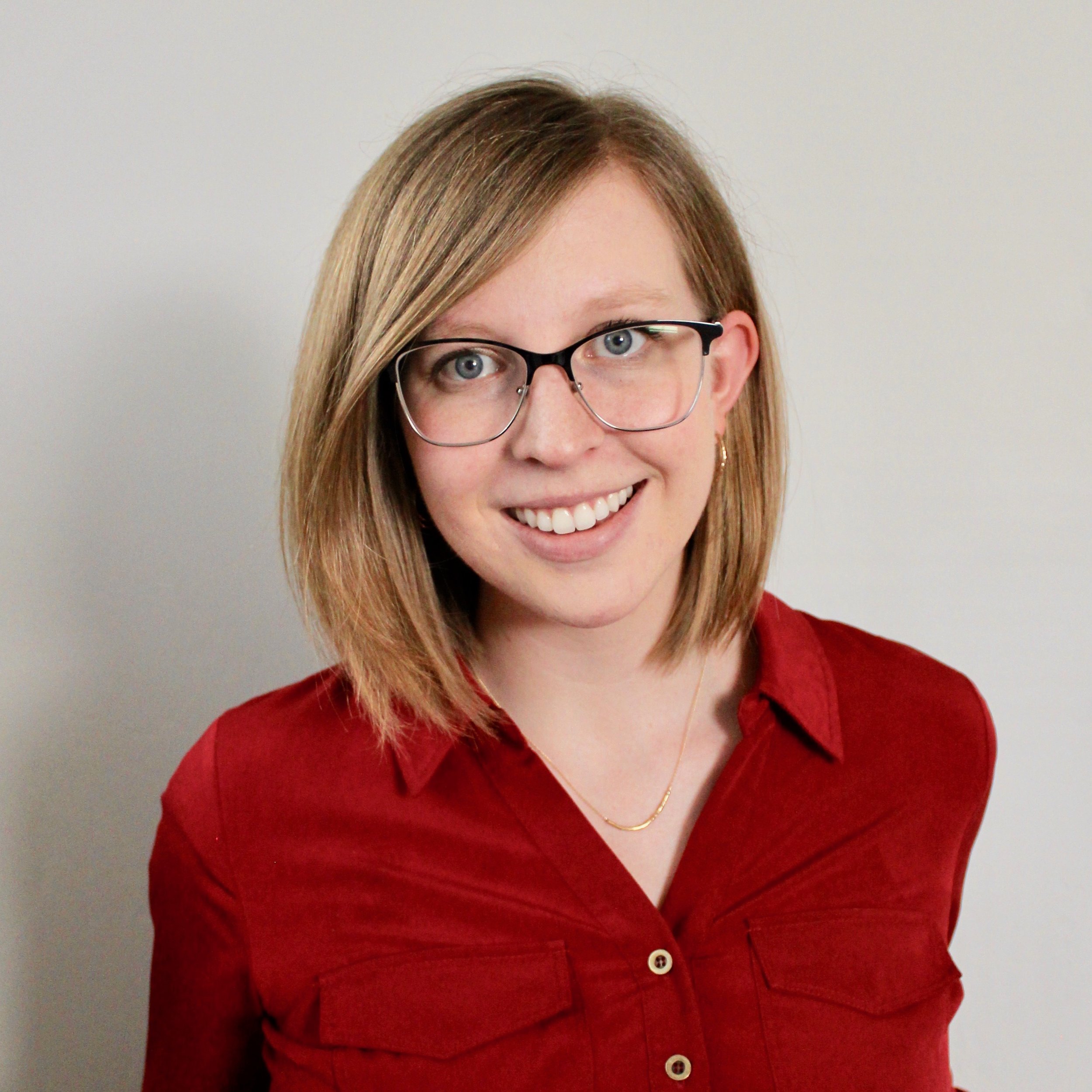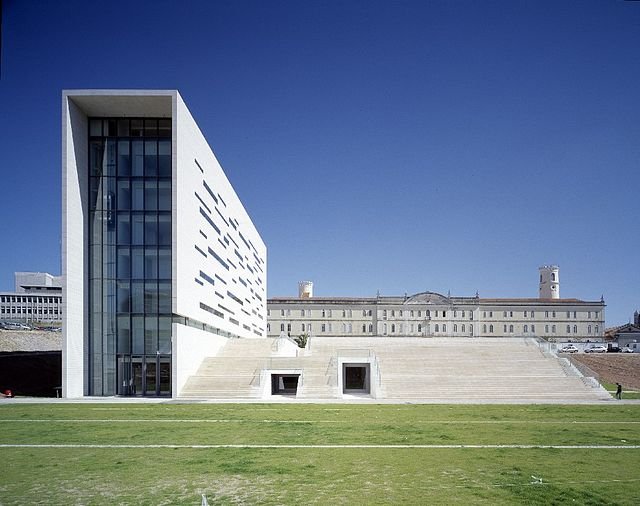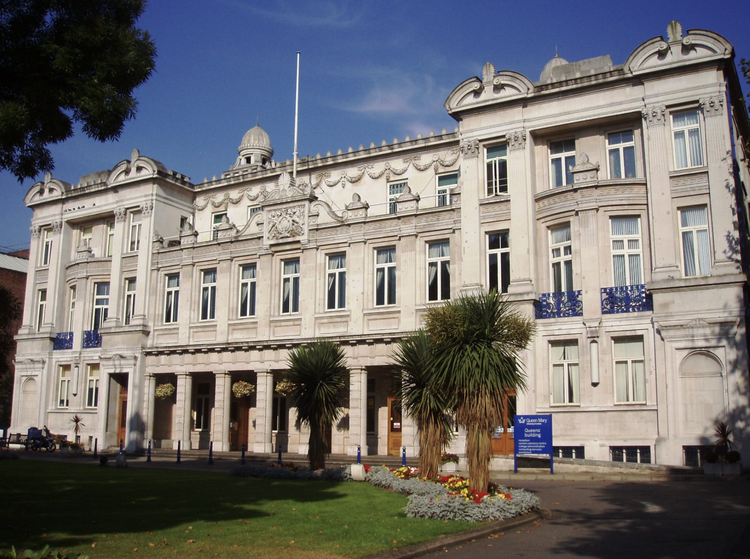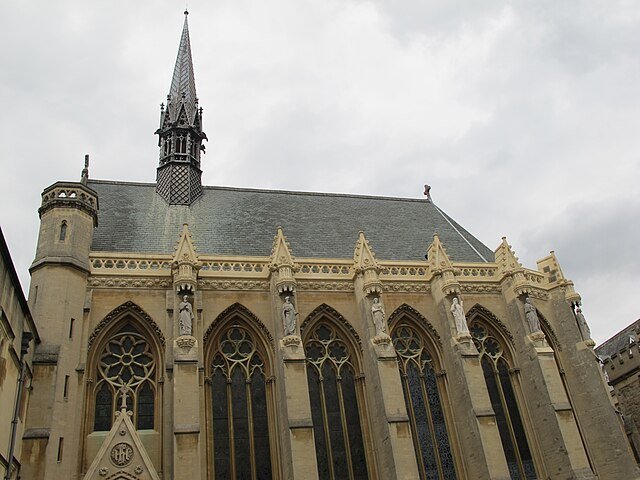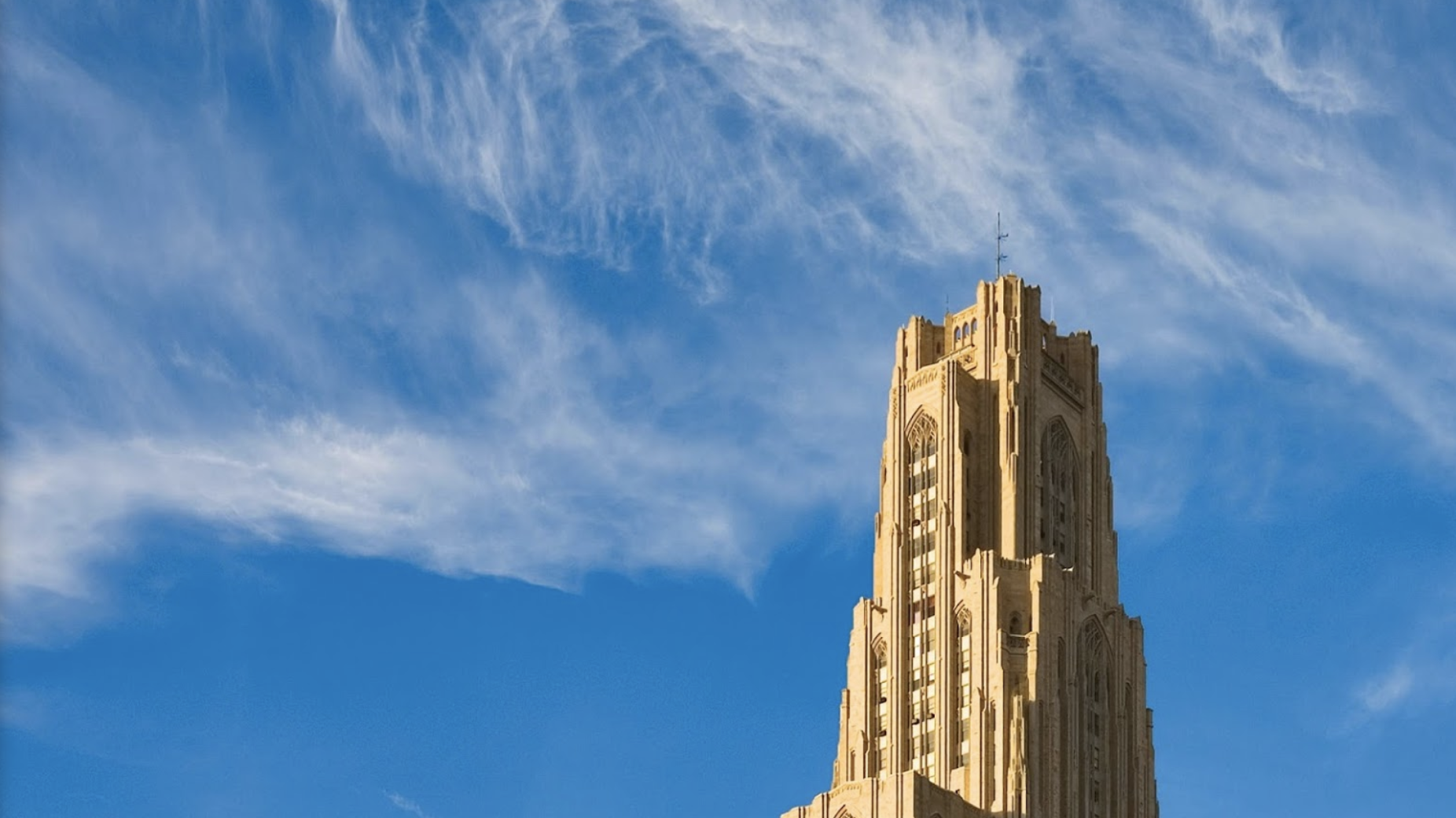Engaging Hard Issues at the Intersection of Faith, Sexuality, and Families
For example, LGBT people face discrimination in housing, jobs, and restaurants in parts of the country. They want to be treated like everyone else.
Religious schools, employers, and small businesses seek to affirm their deeply held convictions around religious sacraments—like marriage and circumcision. Sometimes they ask to step aside from services that would violate their beliefs. Sometimes houses of worship are regulated like government buildings, grocery stores, and other public places.
Instantly, important freedoms are in tension.
Equally hard, children are dying in pockets of the US from “faith healing.” Does respecting faith mean that nothing can be done to prevent these tragic deaths? Will jailing parents save lives? Can we better protect children by engaging religious communities more deeply?
Is there a solution to hard issues that best serves all our commitments? This is where the Dialogues come in.
More Than An Idea
The Tolerance Means Dialogues challenge the misconception that it’s impossible for people of good will to find common ground on the hardest issues. The Dialogues harness and amplify the insights of Millennials and Gen Z—tomorrow’s leaders—who have come of age in an era of increasing diversity and a spirit of openness and inclusivity. Just look at the essays written by our scholarship winners. Tolerance, they urge, means moving beyond ambivalence and forging a path toward genuine respect.
Alexus Morton
UnderGrad Winner Benedict College
“Through studying human behavior and cognition, I have come to understand that our capacity for empathy and understanding is at the heart of fostering tolerance. It is through education and self-reflection that we can dismantle stereotypes and biases, paving the way for a more tolerant society. Tolerance is the cornerstone of a thriving, inclusive society. It calls upon us to not merely accept, but to celebrate our differences, recognizing that they enrich the fabric of humanity.”
RKeavius Barnes
Graduate Winner Benedict College
“Attending Historically Black Colleges thus far, I have learned a lot of tolerance. Tolerance can bleed into perseverance. Our institutions are sometimes viewed as having less resources, less-qualified students, and definitely not a top landing spot for students. But after experiencing the HBCU life for my undergraduate experience, I yearned for it at the graduate level.”
Madaline Allen
UnderGrad Winner University of South Carolina
“Considering tolerance to be the pinnacle of resolution only sets progress further back, creating a false veil of understanding and acceptance, while resentment bubbles beneath the surface. Though tolerance may be the acknowledgement of both the black and white of an issue, progress can only come through willingly choosing to see the myriad of gray found between the two extremes.”
Alexander Lingle
Graduate Winner University of South Carolina
“It is the effects of intolerance such as this that Popper rightfully addressed as falling outside of defendable behavior due to the threat it presents to the marginalized society member’s natural rights such as life, liberty, and happiness. A tolerant society cannot exist in the face of one intolerant member if that member is permitted to exercise the harms of their beliefs unto others. An ocean of tolerance is poisoned by one drop of intolerance.”
Hugh Jones
UnderGrad Winner Cambridge University
“So – what does any of this have to do with tolerance. The answer is that tolerance is the other side of the harm principle. Democratic governments are, in certain circumstances at least, all too willing to over-police harms that ought to be overlooked. We shouldn’t be surprised that they are – that governments tend to prioritise popularity and policy over liberty is exactly why Mill felt the need to articulate the harm principle in the first place.”
Katie Marshall
UnderGrad Winner Cambridge University
“Too often, we find ourselves living in a world which feeds off polarisation and encourages division and intolerance. Paradoxically, I would argue that we need more disagreement - but of the agreeable sort which leads to discovery, compromise and, above all, tolerance.”
Tom Spencer
Graduate Winner Cambridge University
“Tolerance may be an ideal for some, and I would agree it is, but that is not what all it is. Tolerance, fundamentally, is a necessity. As human beings we are fundamentally motivated by our self-interest and our self-interest, rationally thought out, commands us to be tolerant.”
Eunice Cho
UnderGrad Winner University of Illinois Chicago
“In this political climate, institutions of all kinds like to publicize that their practices are sensitive to every minority under the sun. In practice, however, it is another thing entirely to tolerate, to consciously view one another as human and enact practices to ensure common well-being. It is uncomfortable, and difficult, yet necessary.”
Nataly Obando
Graduate Winner University of Illinois Chicago
“Empathy, the ability to understand each other, should be the first intentional step in the tolerance conversation; even when barriers separate us, if we try to see the other’s struggle, I believe we can break down the wall that separates us. Unfortunately, the path of tolerance is not a fairy tale. It is uncomfortable, painful, and a never-ending story.”
Meredith Frank
UnderGrad Winner hofstra University
“ I can begin a dialogue about the barrier to higher education, introducing them to the unanticipated problems people in my world face when they are at a financial disadvantage, and they can provide the resources and connections to solve the problem. To me, tolerance is not just reluctant acceptance, or a pitying understanding. It is two sides coming together to make a difference.”
Jamin Enquist
Graduate Winner hofstra University
“I see tolerance as the ability to listen to ideas and beliefs without immediately accepting or rejecting those ideas or beliefs. It is a curiosity for knowledge outside one’s worldview and humility that recognizes no one person has the monopoly on truth or morality. I see tolerance as a means by which I have encountered life-changing perspectives and embarrassing ignorance. ”
Ferida Osman
Graduate Winner hofstra University
“Tolerance. Webster’s Dictionary defines tolerance as “sympathy or indulgence for beliefs or practices differing from or conflicting with one’s own.” This is the definition most people veer towards when speaking of tolerance, especially religious tolerance.”
Madison Szell
UnderGrad Winner Saint Louis University
““Changing someone’s belief is a matter of gentle non-judgment rather than harsh shame. No one wants to be yelled at. No one is going to be embarrassed into a different way of thinking. No, the only way to successfully express and convince someone of a new paradigm is by understanding the place and paradigm from which they come. In other words: listen first, talk later.””
Blake Sanders
Graduate Winner Saint Louis University
““When I hear the word tolerance, I am reminded that tolerance is an action. I believe that it is not just a mindset or an idea to teach others, but an action to show others. Tolerance means refusing to become complacent in a world in which complacency seems safe.””
Kaitlynn Borik
Graduate Winner Saint Louis University
““The lessons I have learned through sociology and volunteering with diverse patient populations cultivated my personal growth and passion for cultural humility in daily life as well as healthcare. Through these experiences, I challenged and checked my own personal biases, many of which were fostered through a lack of previous knowledge and misunderstanding.””
Marquis Fulghum
UnderGraduate Winner Arizona State University
““After examining my experiences, the past, and recent racial tension in America, I know tolerance is not the answer. Instead, asking questions like, “am I acceptant, kind, and empathetic,” are beneficial if we’re serious about bridging the divide.””
Shiloh Bentacourt
Graduate Winner Arizona State University
““During the years of not talking to my mother, I was harassed out of work and out of house rentals, trained many hours with the Relational Center, and had long conversations with my medical doctor. I realized my own misconceptions of being transgender. When I did, I was able to appreciate my mother’s concerns with me being transgender.””
Laura Lynch
Undergraduate Winner Wayne State UNIVERSITY
““I believe the first step toward such reform can start with individuals. Many of us have understood that acting with tolerance has been an individual choice since our first days of kindergarten, but we must renew our commitment to this despite the ease of slipping into clutches of hate. By taking a few steps back, or even going a few years back in our education, we can foster a new understanding of the world around us.””
Ben VanBarr
Graduate Winner Wayne State University
““But in general, the dividing lines our society looks to - religion, race, citizenship, etc. - are not as divisive as we make them out to be…Tolerance means having the courage to live alongside someone different than you. The more you tolerate something, the more your tolerance of it grows.””
Alexis Watson
Undergraduate Winner Brigham Young University
““Regardless, it seems surprising that a people with ancestors who themselves sought tolerance would be intolerant of others seeking the same thing...But like pioneers, we can create something wonderful and life-giving from what was once a desert. Tolerance allows us to create a place of faith where people of all backgrounds and orientations feel comfortable sharing a church pew on Sunday.””
Cicily Bennion
graduate Winner Brigham Young University
““I wonder if Christ called loving the first and great commandment not just because it is the most important but because love is a great burden to bear. In comparison, tolerance is easy. Tolerance can be done from a distance. It is a sort of “live and let live” mentality. To tolerate something is to look past it. But Christ did not ask us to tolerate each other. He asked us to love each other, which is a task that requires closeness and intimacy and vulnerability. To love someone, you cannot look past them.””
Emma Baehrens
undergraduate winner
Cleveland institute of art
“I thought that I was tolerant because I was accepting of liberal beliefs, but I still frowned upon conservative values without trying to understand why people held these beliefs. I had never tried to understand both sides of the war between religious freedom and LGBTQ rights. Now, the new conversation is how the two parties can coexist.”
Kyle Jorstad
graduate winner
case western reserve university law school
“Unfortunately, America’s current political climate strongly endorses a false dichotomy where we are encouraged to believe there are only two options to choose from, and too many of my generation have fallen into the camp ignorant of the potential for a middle ground. Only by actively advocating for tolerance by example can this hostility be properly addressed. So instead of telling your ideological opponent why they’re wrong, ask them why they’re right – you might be surprised.”
**The views of essayists are their own, and do not necessarily reflect the views of their home institutions or the Tolerance Means Dialogues.





